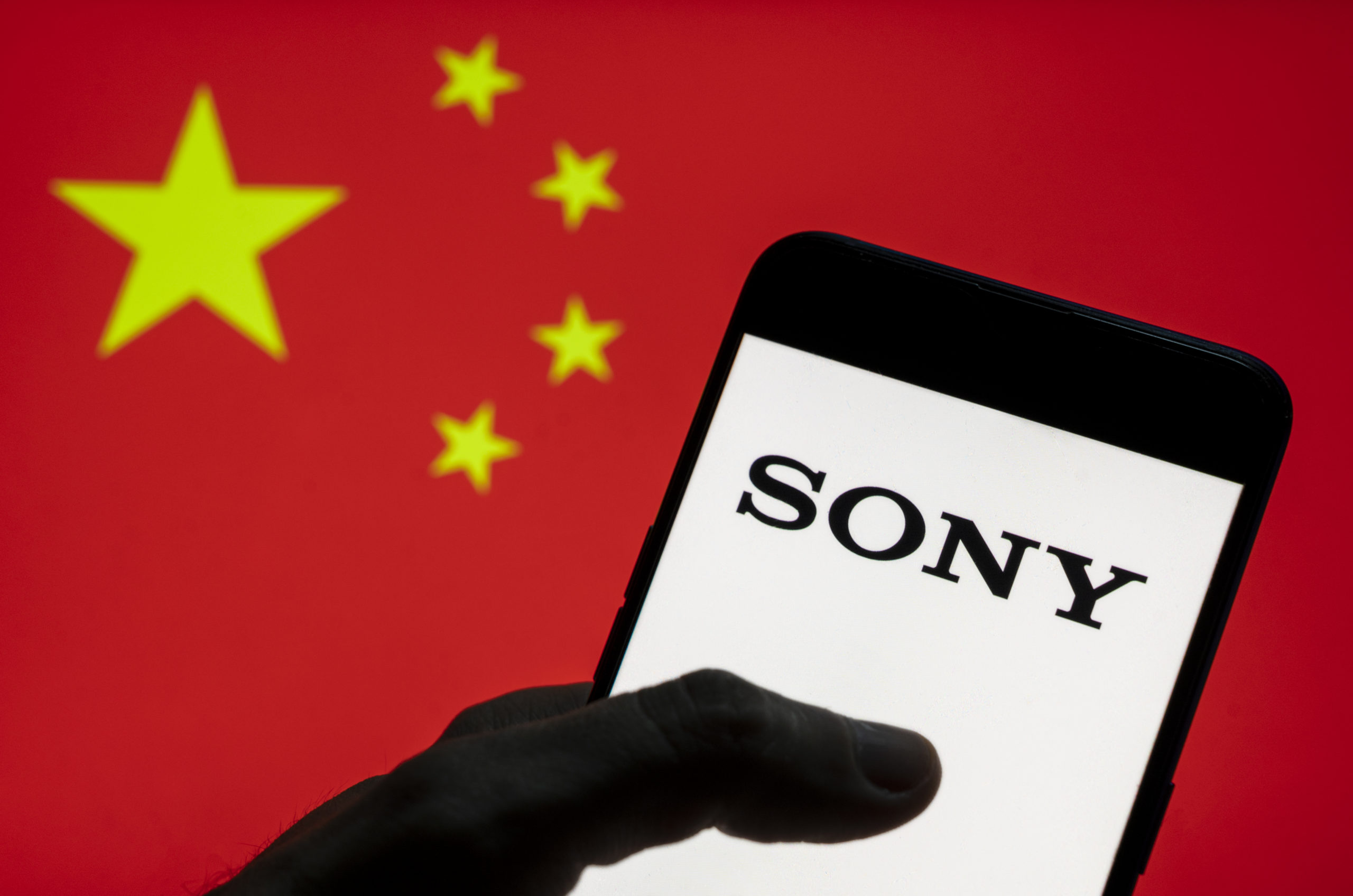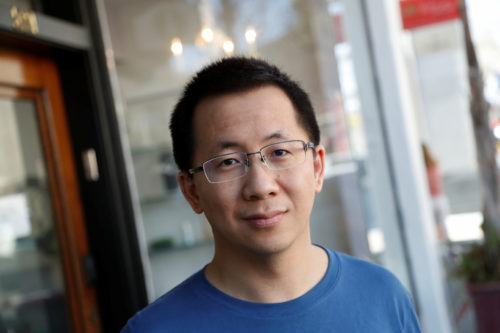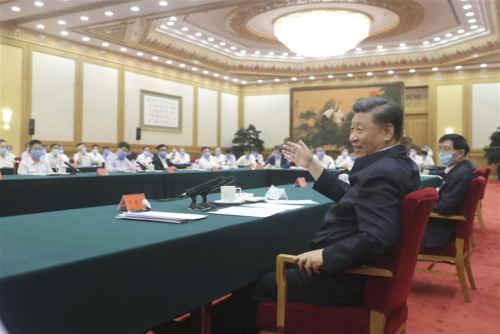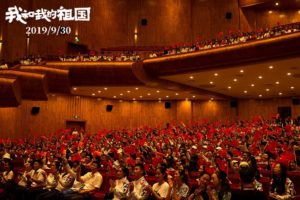Sony faces anger on Chinese internet for now-canceled event on July 7, the anniversary of Japan’s invasion of China
The Japanese company wrote that it was sorry for causing confusion among the Chinese public, but some critics insisted that it chose the date on purpose.

Japanese electronics and entertainment behemoth Sony sought Thursday to extinguish an outpouring of anger and protest on the Chinese internet by calling off and apologizing for a China launch event that was originally scheduled for July 7, the anniversary of the day Japan launched its full-scale invasion of China in 1937.
“Because of inadequate preparation, our choice of date has caused confusion and ire among the public. We are deeply sorry for the reactions and we have immediately canceled all related events,” Sony China wrote (in Chinese) in a statement published yesterday on its official Weibo account.
The company set off the controversy earlier this week with a Weibo post saying that it would debut new products on July 7 at 10 p.m. The announcement was quickly called out by Chinese internet users as a demonstration of cultural insensitivity, given that the date marks the anniversary of the Marco Polo Bridge Incident in Beijing, where Chinese and Japanese troops exchanged fire while on night patrol. The clash is widely considered to be the outbreak of the Second Sino-Japanese War and the beginning of the Japanese invasion of China.
In torrid criticism after Sony China made the announcement, commentators on Chinese social media also accused the company of hurting their feelings in what they called a “flagrant provocation” ahead of July 1, the centenary of the Chinese Communist Party. In the days leading up to the milestone anniversary, businesses in China were expected to lay low and not distract the public’s attention from the Party’s birthday celebrations.
“It was totally on purpose! They chose this specific time to rub salt into our wounds,” an angry Weibo user wrote (in Chinese), while another person remarked (in Chinese), “No, Sony, you can’t have it both ways. You either show some respect for Chinese people, or you are facing a boycott.”
China news, weekly.
Sign up for The China Project’s weekly newsletter, our free roundup of the most important China stories.
Even after Sony China apologized on Thursday, consumers were dissatisfied. Of the nearly 130,000 votes cast in a Weibo poll (in Chinese) created by Sina Tech today, over 80% of respondents said that the Japanese company hadn’t gained their forgiveness. “Issuing an apology is just a knee-jerk reaction to the backlash. I highly doubt that there’s any genuineness behind it,” a person who participated in the poll wrote.
Sony is among several brands in recent years that have faced fierce criticism on Chinese social media for insensitive marketing or products. And given the tumultuous, troubled history between China and Japan, Japanese companies are subject to special scrutiny as anti-Japan sentiment still runs high in China.
In 2019, the Japanese lifestyle brand MUJI upset people with a marketing campaign that referred to a historic neighborhood in Shanghai as “the French Concession.” While the name is still commonly used among locals, some people saw it in a different light, saying that it reminded them of Shanghai’s “humiliating” history of being colonized. Last year, Capcom, a Japanese video game developer and publisher, stoked outrage among patriotic Chinese gamers after using “918” as a passcode in its game Resident Evil 3. Some critics believed that the number was a reference to September 18, the date of the Mukden Incident in 1931, where Japanese soldiers staged a bombing of their own railway and blamed it on the Chinese in order to invade northeastern China.






